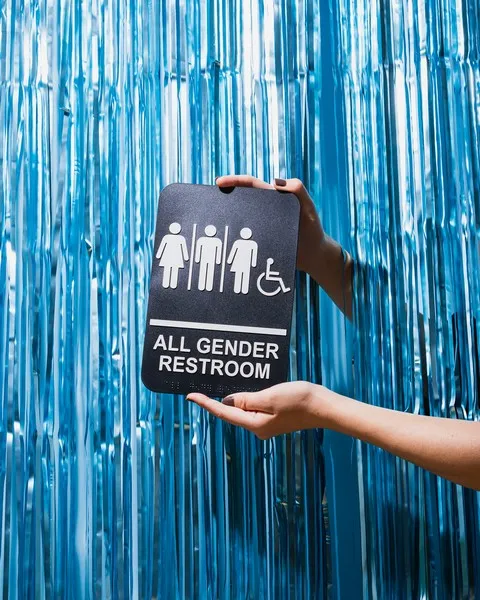Sociology explores various aspects of society, including how social factors influence individuals’ behavior and development. One area of concern in recent years has been the sexualization of children and its potential effects. This blog post aims to outline and explain how sexualization affects children, shedding light on this important sociological issue.
Understanding Sexualization
Sexualization refers to the process by which individuals, particularly children, are exposed to sexual content or made to conform to adult sexual norms. This can occur through media, advertising, clothing, toys, and social interactions. It involves portraying children in a sexual manner or emphasizing their physical appearance and attractiveness.
The Impact on Body Image and Self-Esteem
One significant effect of sexualization on children is its impact on body image and self-esteem. When children are constantly exposed to sexualized images and messages, they may develop unrealistic standards of beauty and feel pressured to conform to these ideals. This can lead to body dissatisfaction, low self-esteem, and even the development of eating disorders.
Additionally, sexualization can contribute to the objectification of children, reducing them to mere objects of desire rather than recognizing their worth as individuals. This objectification can have long-lasting psychological effects, affecting their sense of self-worth and their ability to form healthy relationships.
Early Sexualization and Premature Sexual Behavior
Exposure to sexualized content at a young age can also influence children’s understanding and perception of sexuality. Research suggests that early sexualization is associated with an increased likelihood of engaging in premature sexual behavior. This includes engaging in sexual activities earlier than developmentally appropriate, such as experimenting with sexual behaviors or engaging in sexual relationships before they are emotionally ready.
Moreover, the sexualization of children can blur the boundaries between childhood and adulthood, potentially robbing children of their innocence and exposing them to adult themes and behaviors before they are ready to comprehend and navigate them.
Gender Stereotypes and Role Expectations
Sexualization often reinforces harmful gender stereotypes and role expectations. By portraying girls as objects of sexual desire and boys as active pursuers, it perpetuates traditional gender norms and reinforces the idea that girls’ worth lies primarily in their physical appearance.
This can limit children’s understanding of their own potential, restrict their aspirations, and reinforce gender inequality. It can also contribute to the development of rigid gender roles, making it harder for children to explore their identities and express themselves authentically.
The Importance of Addressing Sexualization
Recognizing and addressing the issue of sexualization is crucial for the well-being and healthy development of children. Parents, educators, and society as a whole need to promote media literacy and critical thinking skills to help children navigate and challenge sexualized messages.
Efforts should also focus on promoting positive body image, self-esteem, and healthy relationships. Encouraging open conversations about sexuality, consent, and healthy boundaries can empower children to make informed choices and develop healthy attitudes towards their bodies and relationships.
Conclusion
Sexualization has profound effects on children, impacting their body image, self-esteem, understanding of sexuality, and perpetuating harmful gender stereotypes. By raising awareness, promoting media literacy, and fostering open conversations, we can work towards creating a society that values children’s well-being, respects their boundaries, and nurtures their healthy development.





